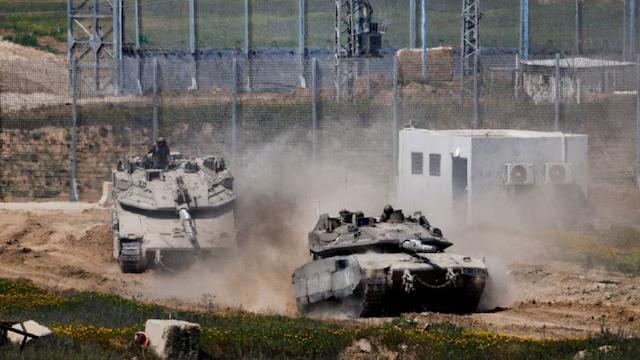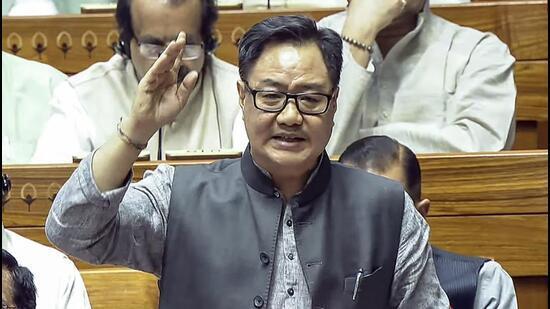
Israel Plans to Seize Large Areas in Gaza, Expands Military Ops
In a significant escalation of its military operations in the Gaza Strip, Israel has announced a major expansion of its military’s operations in Gaza, which will involve the seizure of large areas of land. The land will be incorporated into Israel’s “security zones”, with the aim of creating a buffer zone between its territory and the Hamas-controlled Gaza Strip.
According to reports, Israeli Defense Minister Israel Katz said the operation will involve a large-scale evacuation of Gaza’s population from combat zones and clear it of terrorists and terror infrastructure. The move is part of a broader effort to secure Israel’s borders and prevent militant attacks.
The announcement comes as tensions between Israel and the Gaza Strip have been escalating in recent weeks. The situation has been exacerbated by the arrests of several high-ranking Hamas officials in the West Bank, as well as the ongoing protests along the Gaza-Israel border.
The expanded military operation is expected to involve a significant increase in troop deployments and airstrikes in the Gaza Strip. Israeli military officials have said that the operation will focus on clearing out areas that are used by militant groups, such as tunnels and hideouts.
The move has been met with widespread criticism from human rights groups and international organizations, who have expressed concerns about the impact on civilians in the Gaza Strip. The United Nations has called on Israel to exercise restraint and to prioritize the protection of civilians.
The expansion of Israel’s military operations in Gaza is a significant escalation of the conflict and raises concerns about the potential for further violence and instability in the region. The situation is likely to continue to be closely watched by international leaders and the public alike.
Background to the Conflict
The conflict between Israel and the Gaza Strip has its roots in the Israeli-Palestinian conflict, which has been ongoing for decades. The Gaza Strip is a coastal region that borders Israel and is home to over two million Palestinians.
The situation has been exacerbated by the blockade imposed by Israel and Egypt in 2007, which has severely restricted the movement of goods and people in and out of the Gaza Strip. The blockade has led to widespread poverty and unemployment, and has contributed to a growing sense of desperation among the Palestinian population.
Hamas, the Islamist group that controls the Gaza Strip, has been involved in a series of conflicts with Israel, including several wars and numerous smaller skirmishes. The group has been responsible for numerous rocket attacks on Israeli cities and towns, which Israel has responded to with airstrikes and other military operations.
International Response
The international community has been criticized for its response to the conflict, which has been seen as inadequate and inconsistent. The United States has been a key supporter of Israel, and has provided significant military aid to the country.
However, there have been growing calls for the international community to take a more active role in resolving the conflict. The European Union has called for an immediate end to the violence and for the parties to return to negotiations.
The United Nations has also called for an end to the violence and has urged both sides to exercise restraint. The UN Secretary-General has also launched an appeal for emergency funding to support the humanitarian crisis in the Gaza Strip.
Conclusion
The expansion of Israel’s military operations in Gaza is a significant escalation of the conflict and raises concerns about the potential for further violence and instability in the region. The situation is likely to continue to be closely watched by international leaders and the public alike.
It is clear that a peaceful resolution to the conflict is needed, and that the international community must take a more active role in supporting the parties to achieve a lasting peace. The situation in Gaza is a humanitarian crisis, and it is imperative that the international community takes immediate action to address the needs of the civilian population.
Source:






